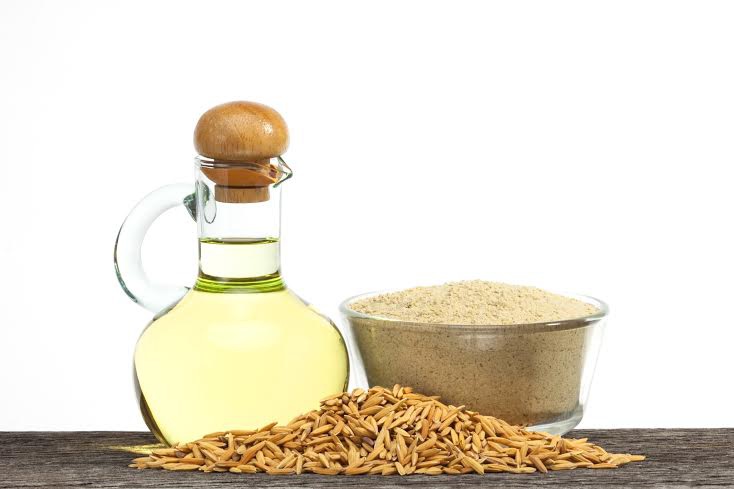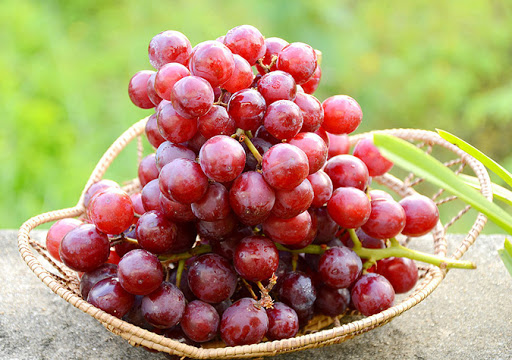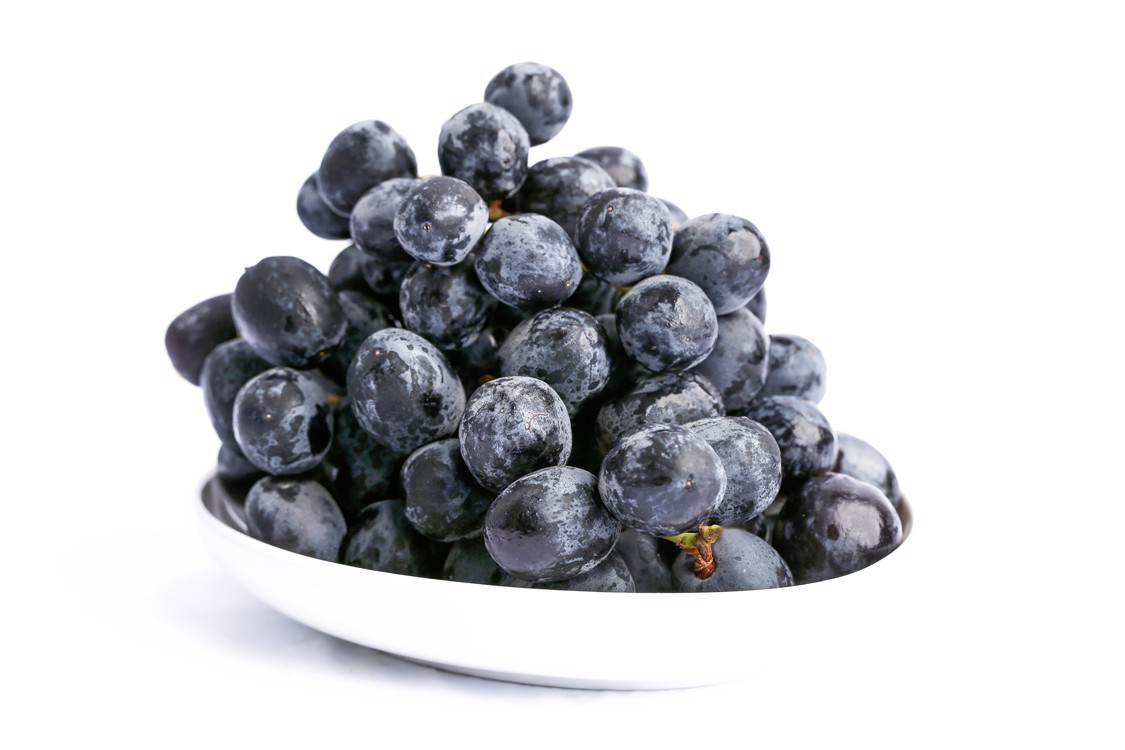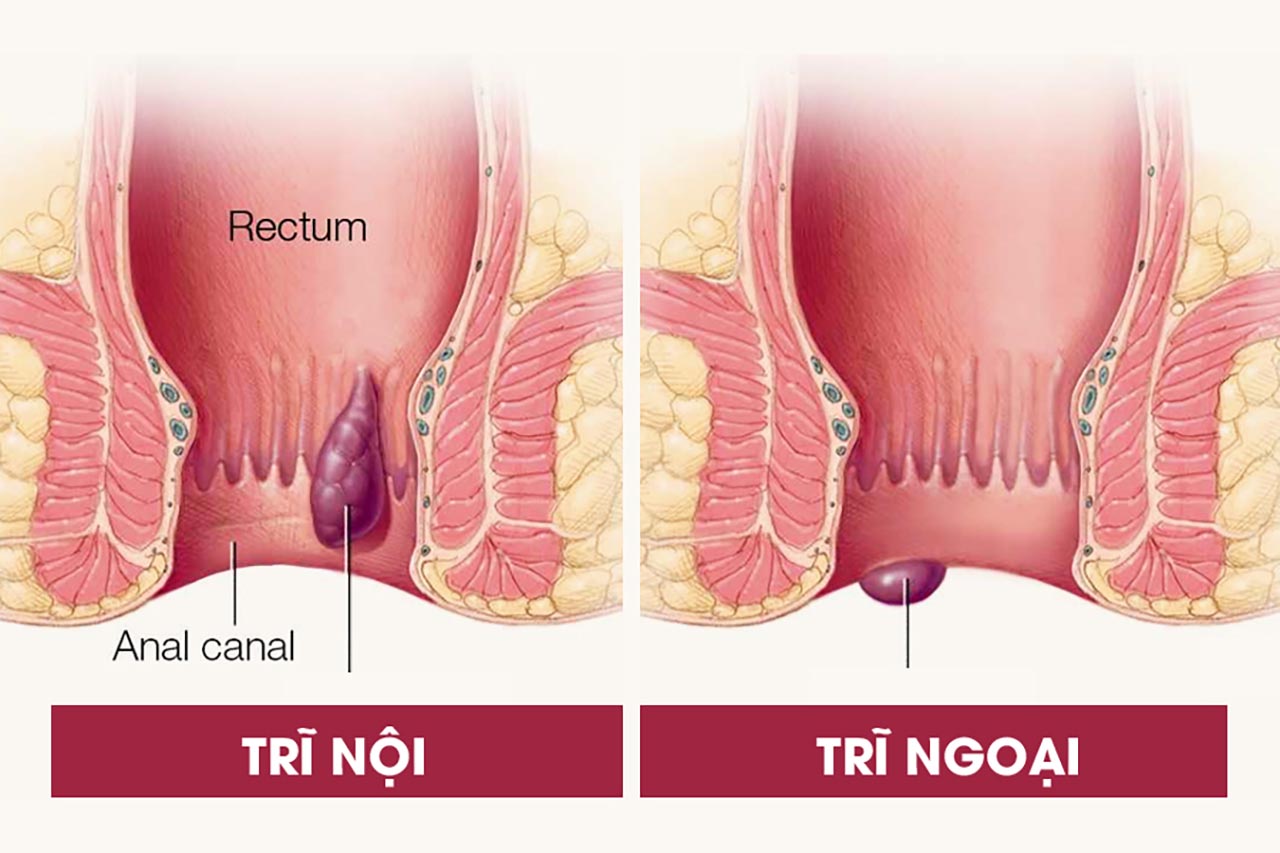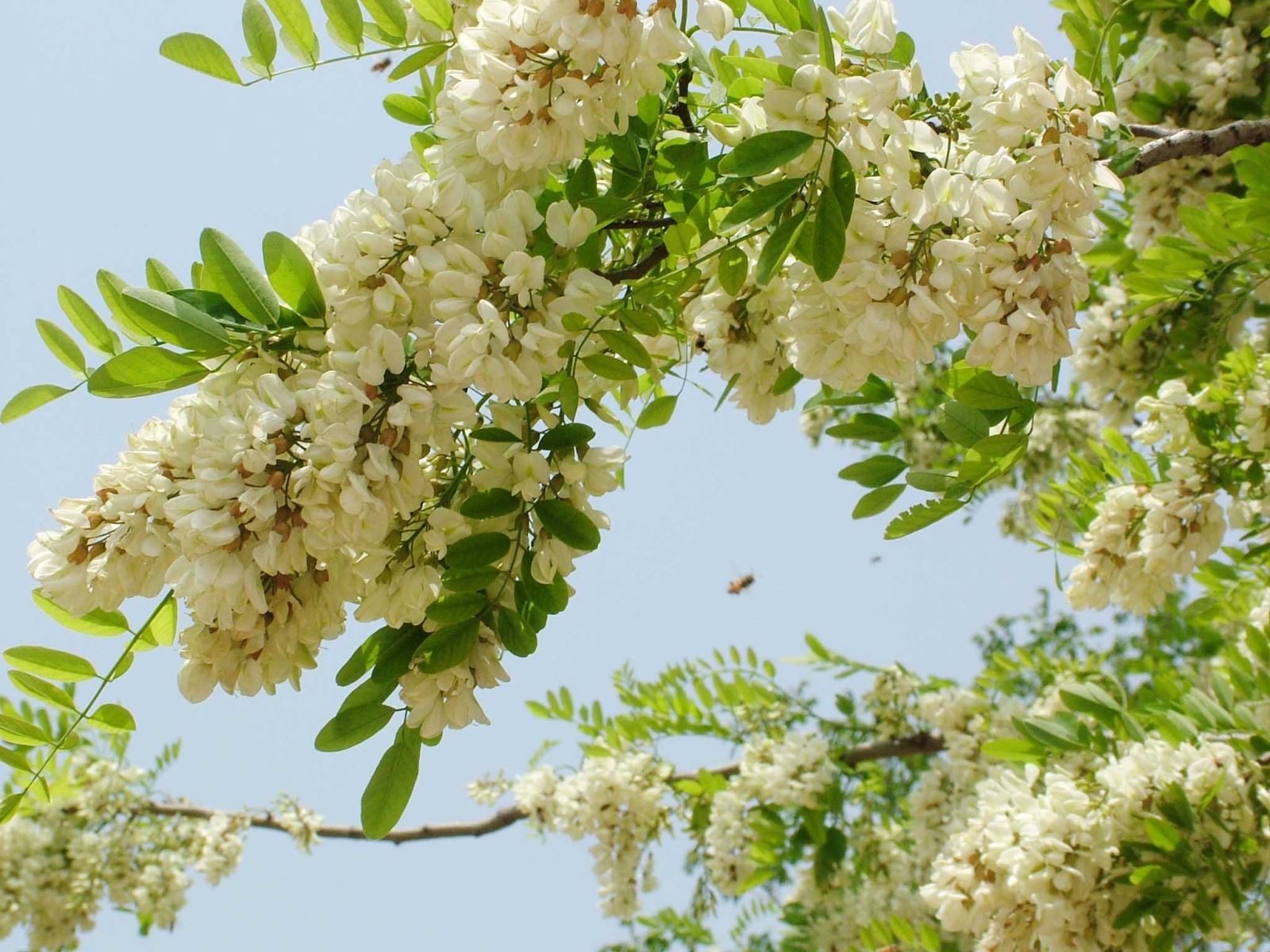What Akinori Kimura, Masanobu Fukuoka and Takao Furuno have in common is their steadfastness and belief in chemical-free farming. Their stories are a great inspiration to today’s clean farmers.
1.Akinori Kimura – A farmer spent 20 years trying to grow clean apples for his wife.
Akinori Kimura is an ordinary Japanese farmer, he also used to farm and use agrochemicals. However, his wife is severely allergic to pesticides and chemicals. This contributed to motivating him to find a way to farm without using chemicals. His first experiment was conducted with apple orchards.
At the beginning of the experiment, the apple orchard broke out with pests and diseases, and the apple tree dropped leaves off season, and the tree did not flower. The last garden plot was mortgaged, Kimura also had to work as a waiter at a pub and distribute leaflets on the street, the family sometimes ran out of food, had to use stevia to cook. After 6 years, the chemical-free apple orchard is still fruitless. In the midst of depression, about to commit suicide, Mr. Kimura discovered lush wild apple trees full of fruit in the mountains. He did not understand why on the mountain many invasive insects, no one took care of the apple tree still growing well. In the end, Kimura found that the soil, the porosity, the air, the humidity, and even the smell of the forest soil were different from the garden soil, and concluded that the soil was the key point for growing crops.
Back home, he started to let the weeds grow and rebuild the ecosystem in the apple orchard, focusing on making the soil loose. Day by day, he listened and stroked each apple tree. Kimura’s garden is rich with insects, microorganisms, worms, butterflies, birds… In the fall, he cuts the grass to reduce the moisture in the soil.

Mr. Kimura at the apple orchard. Photo: jusakana.jp.
2 years later, his apple trees flowered and began to bear fruit. Up to now, Kimura’s apple has become a famous Japanese fruit. They are called miracle apples because they can last up to 4 years without spoiling. A luxury French restaurant in the Minato district of Tokyo also has a special dish called “Mr Kimura’s apple soup”.
2. Takao Furuno – a farmer famous for his Aigamo farming method.
Takao Furuno, born in 1950, lives in Keisen village on Kyushu island (western Japan) famous for his unique farming method “Aigamo” – the name of the duck he uses in his rice fields.
p>Understanding the old farmer who raised ducks in the rice field, Mr. Furuno found that when the ducklings about 2 weeks old were released into the rice field, they only ate grass, weed sprouts, insects and harmful insects. does not harm young rice like adult ducks. In addition, the natural movement of ducks also makes the soil loose and the rice plants stronger. He also came up with the idea of raising fish in rice fields. Ducks and fish are agricultural products with high economic benefits.
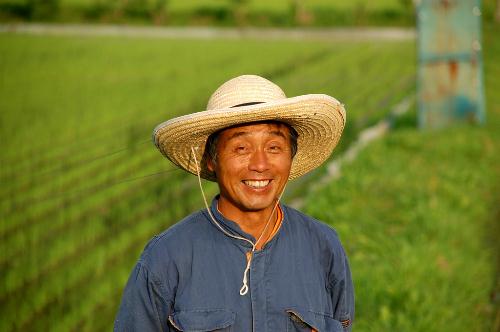
Mr. Takao Furuno. Photo: severn-lefilm.
In Japan, there are currently about 10,000 farmers applying the “Aigamo” method. Many countries with developed wet rice agriculture such as Vietnam, China, India and the Philippines have also applied. Mr. Furuno was honored in the book “80 People Who Changed the World” by Sylvain Darnil and Mathieu Le Roux. The book “Power of duck” written about Mr. Furuno’s work published in 2010 also attracted the attention of more than 75,000 farmers around the world and many student groups inside and outside Japan to study. episode.
3. Masanobu Fukuoka – the one who started the “one-straw revolution”.
Masanobu Fukuoka (1913 – 2008) is considered the father of natural agriculture in Japan and is also the author of the book “One Straw Revolution”. Masanobu Fukuoka’s story and many of his sayings in the book have become an inspiration for farmers and lovers of clean agriculture.
At the age of 25, while working for the Yokohama Customs Department in the crop inspection department, Masanobu Fukuoka suffered a severe depression after nearly dying from acute pneumonia. While wandering and exhausted on the hill overlooking the harbor, the shrill cry of a nocturnal heron awakened him. A year later, at the age of 26, after wandering around the country with the intention of spreading the idea: “There is really nothing in this world, that everything returns to nothingness”, he returned to the family farm family and began to apply the natural farming method: “agriculture does nothing”.
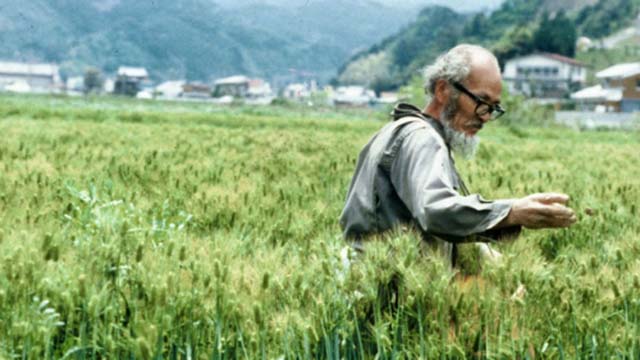
Mr. Fukuoka in the barley field. Photo: Rodale’s Organic Life.
He spent 30 years experimenting with different farming methods, and finally, he found 4 principles of natural farming: no tilling, no fertilizing (including chemical and microbiological fertilizers) ), does not weed (controls weeds instead), and does not kill insects.
He returned all the straw to the field, chose the time to sow the seeds and let everything go according to nature until the harvest time. Fukuoka also discovered the miraculous use of a straw when witnessing on a once-abandoned field, rice grows healthy, through the straw without human hands. The yield of rice and cereals on the natural fields of Fukuoka is nearly 6 quintals per 1,000 m2, on par with Japan’s top growers in the 1970s.
Although the cultivars (clover, barley…) and practices described in the book by Masanobu Fukuoka in the book are based on specific Japanese conditions, the philosophy and principles of cultivation are natural. His theory has been studied, applied and tested by many farmers around the world.








